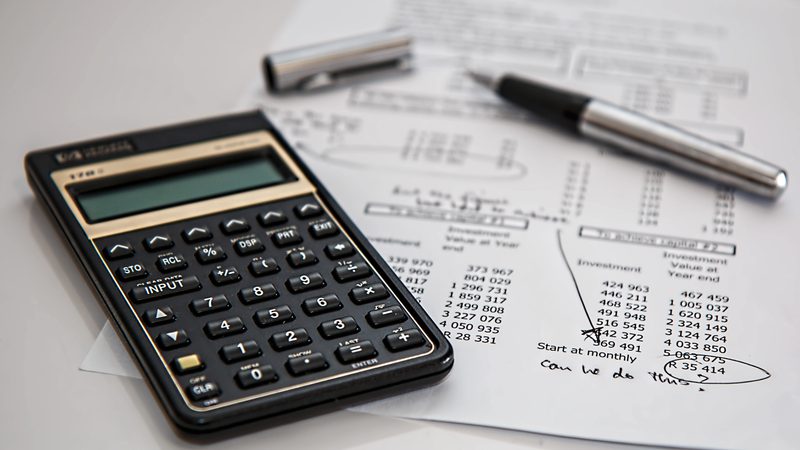The importance of a Pension Sharing Order, the process for implementing one and the remedies available if one party fails to engage in that process.
Read morePensions are often among the most valuable assets in a divorce (or dissolution of a civil partnership), but they are all too frequently undervalued or misunderstood, resulting in the asset being overlooked.
It is often the case that there is an imbalance between separating spouses in terms of their pension funds, for example if one party earns more than the other or one parent has taken a step back from work to raise the children. It is therefore extremely important that proper consideration is given to pension assets within any financial settlement, to ensure both parties’ financial needs in retirement are met.
What are you entitled to?
The starting point is that all pensions that you and your ex-partner have accumulated will be included within the divorce proceedings, whether or not they were built up before you were married or after you separated.
The court will generally be looking at what is required to equalise pension income in retirement. It is however also an option to consider offsetting pensions against other assets, such as the equity in the family home.
Whilst this is the starting point, you may be able to advance certain legal arguments to seek a departure from equality. For example, if it is a particularly short relationship or you have been separated for a considerable period, you may be able to argue that certain pre or post marriage pension contributions should be ringfenced and disregarded. For longer relationships, the court will generally want to be satisfied that each party to have sufficient pension provision in retirement before considering the ringfencing of contributions.
Types of pensions that can be split
Generally speaking, there are two types of pension scheme, defined benefit and defined contribution. A defined benefit pension pays you an income in retirement based on your salary and how long you’ve worked for your employer, for example final salary and career average schemes (NHS pension, police pension etc.).
A defined contribution pension is a fund that you contribute into throughout your working life (often with your employer matching your contributions) and those monies are invested on your behalf. Upon retirement, most people will use the invested funds to purchase an annuity, providing income in retirement.
With the exception of certain elements of the State Pension, all pensions can be split. Consideration does however need to be given to the type of scheme and the practicalities of achieving a split. For example, a final salary pension may prohibit an internal transfer (preventing the non-member from retaining a fund within the same beneficial scheme) and it generally costs a lot more to purchase equivalent pension benefits on the open market.
Furthermore, if one party has a Self-Invested Personal Pension (a type of defined contribution personal pension, commonly referred to as a SIPP) it may own a property which would have to be sold to provide liquidity and this could potentially cause issues.
A common misconception is that a pension in payment cannot be shared. Generally speaking, most pensions in payment are perfectly capable of being shared. There are however additional issues that need to be considered, such as the impact a pension share will have on the members income, the potential clawback of funds paid during the implementation period or the fact you cannot take a second tax-free lump sum.
How is the value of a pension calculated?
The first port of call in seeking to value a pension is to request a cash equivalent transfer value (CETV) from the provider. This figure is said to represent the capital value of the pension fund, although there are exceptions. All too often the CETV is accepted at face value, and this can potentially cause significant issues.
It is generally the case that CETVs of defined benefit pensions appear undervalued in terms of the benefits they provide in retirement when compared with defined contribution CETVs. For example, an NHS pension with a CETV of £500,000 is likely to be worth considerably more in retirement than £500,000 held with Aviva in a defined contribution fund.
Each pension provider has their own way of calculating the CETV of a member’s pension for the purpose of divorce and the assumptions made often differ significantly from one provider to the next.
How to split the pension on divorce
The court has a variety of options when dealing with pensions, such as:
Pension Sharing
This is the most common approach to dividing pensions on divorce. Essentially, a percentage of one spouse's pension funds are transferred into a pension fund in the other spouse's name. The attraction to this approach is that it enables both parties to build up their pension funds independently after the original pension sharing order has been finalised and achieve a clean break. This option was only available to divorcing couples after December 2000.
Pension Attachment / Earmarking
Since the introduction of pension sharing in 2000 this option is generally less favoured. It provides for a portion of the lump sum and/or pension income to be paid to the other spouse when the pension holder retires, based on the fund's value at that time. There might be cases where this option is attractive, but they are usually few and far between. Unlike a pension sharing order, it doesn’t achieve a clean break. The receiving spouse has no control over when their former partner decides to draw their pension, and this provides a considerable amount of uncertainty.
Pension Offsetting
With this option, the pension holder retains their pension fund in full, which is offset by giving the other spouse a greater share of the remaining assets, such as cash savings or equity in a property. Whilst this achieves a clean break between the parties, problems can arise in cases where liquidity is an issue.
Depending on the value, the amount of different pension funds to consider and the type of scheme, it is often the case that an expert pension actuary is instructed to prepare calculations as to the appropriate pension sharing options.
State pensions on divorce
State pensions are extremely valuable, but they are all too frequently ignored.
Whilst it is not possible for your basic pension to be shared, pension sharing orders can be made if you are entitled to additional benefits as a result of your national insurance contributions. If you reached State Pension before 6 April 2016 your Additional State Pension can be shared, and if you reached State Pension age on or after 6 April 2016 (and divorce proceedings commenced on or after this date) then your Protected Payment could be shared.
It is extremely important to fully consider State Pensions, particularly if one party has given up work to care for the children and has been unable to make contributions to increase their Additional State Pension / Protected Payment.
Whilst only certain aspects of these pensions can be shared, this doesn’t mean that the inherent value should be ignored. For example, an imbalance in terms of State Pensions may result in the financially weaker party receiving a greater share of the private pension funds or additional capital by way offsetting.
Pensions are a complicated asset and Brabners are experienced in offering advice on all aspects of this issue. For advice on pension and divorce, please contact Richard Rigg in our Family team.
Related insights
NDAs are becoming more prevalent in divorce proceedings, especially for high-profile individuals or where sensitive information is concerned — but do you need one?
Read moreInternational divorce cases are highly complex and the choice of jurisdiction can make a significant difference to financial outcomes.
Read more


